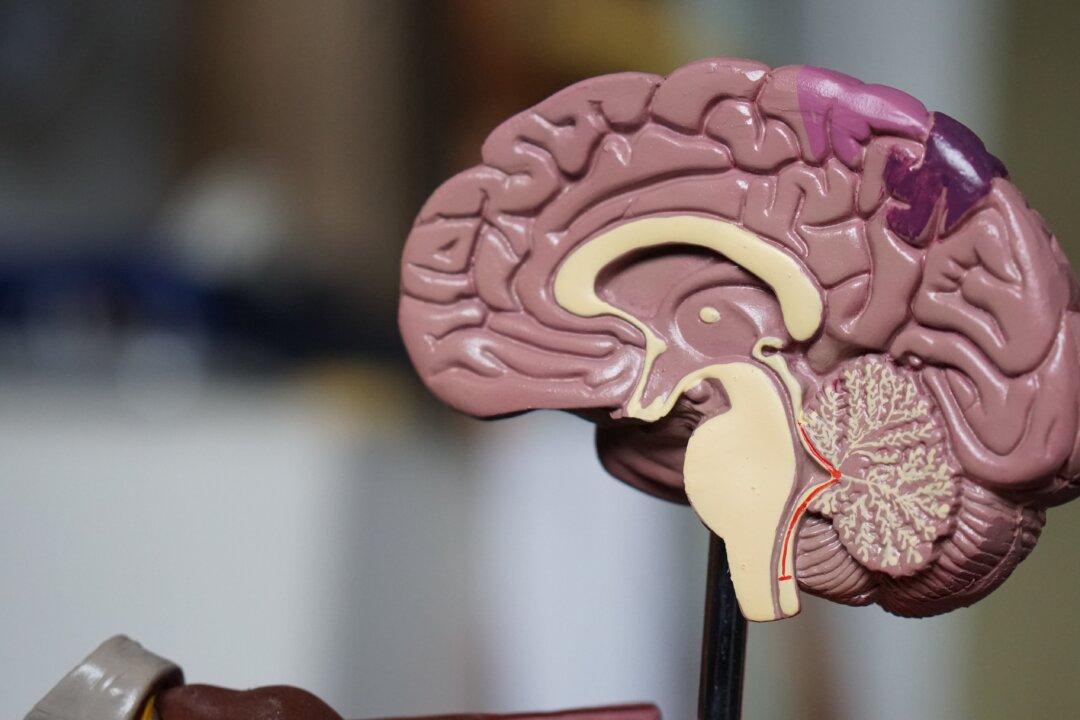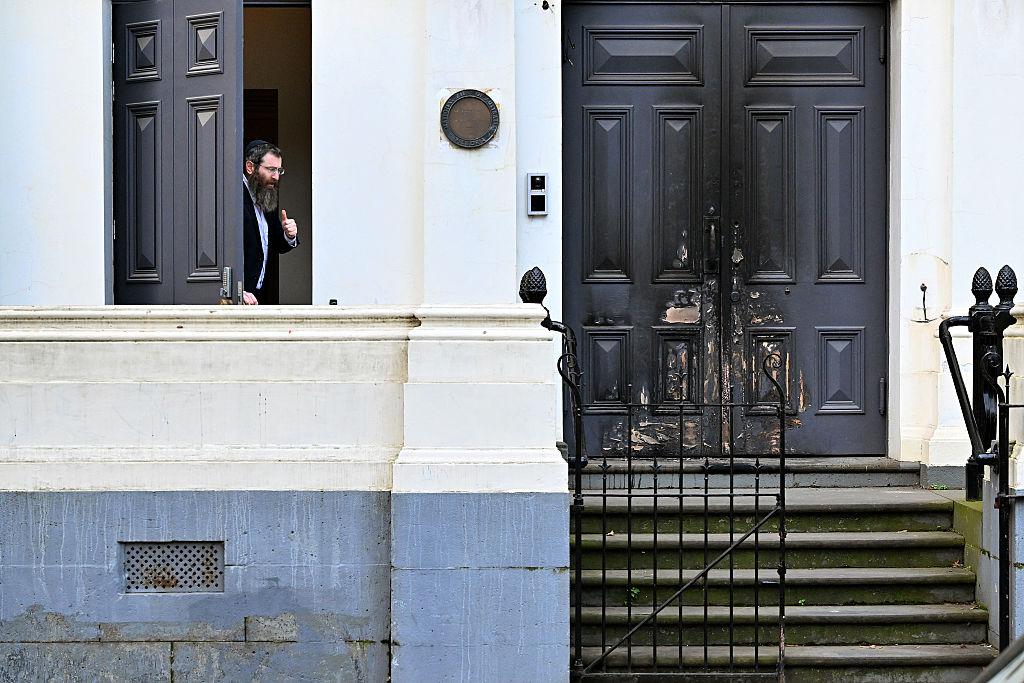Commentary
In an otherwise excellent article about the failure of the Biden presidency (which even Democrats recognize, inasmuch as they don’t want him to stand again), the writer Jim Geraghty voices one of the most prevalent superstitions of our time. He says:





